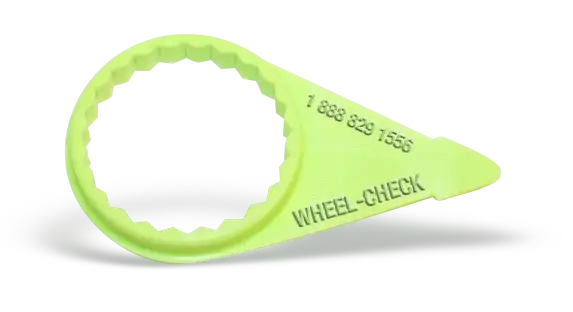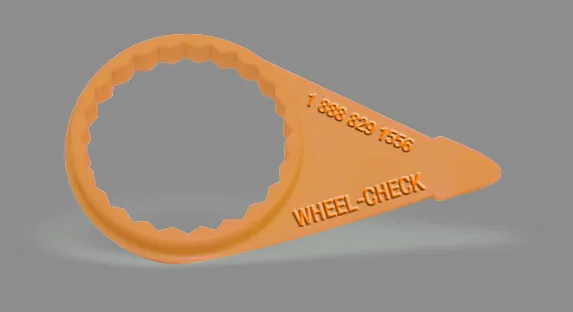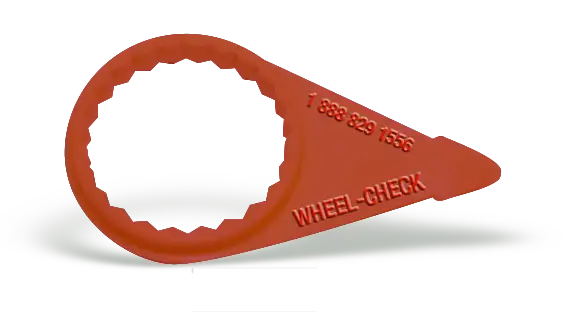Select your cookie preferences
We use cookies and similar tools necessary to enable you to make purchases and enhance your shopping experiences. We also use them to understand how customers use our services (for example, by measuring site visits) so we can make improvements. You can read our Cookie Policy for more information.
Strictly Necessary Cookies
Always ActiveThese cookies make our website work. They include logging personal details, like login/sign-up or account data, browser information, images & videos, and shopping cart journey.
In addition, we use optimization cookies to test new features and designs on our website. The information collected helps us improve our website and customers d' experience.
Advertising
These cookies are used to understand the performance and relevancy of our adverts, to provide you with personalised adverts on other websites and social media, to track when you have arrived at our site from a recognised third-party affiliate website, and to track if you made a purchase based on the adverts we displayed to you.
Recommendations
These cookies enable us to provide personalised product and content recommendations, to make the browsing experience more relevant to you.
Functionality
These cookies are used to offer customer surveys and feedback, to improve search results, and to allow you to share content from our website on social media.
Analytics
These cookies help us improve our website by collecting and reporting information on how you use it.
 Change country
Change country- sign in
- Submit RFQ
-
Categories
Categories
- Abrasives
- Adhesives
- Appliances & Batteries
- Cleaning
- Electrical
- Fasteners
- Furniture Service
- Hand Tools
- Hardware
- HVAC
- Hydraulics
- Lab Supplies
- Lighting
- Lubrication
- Machining
- Material Handling
- Motors
- Office Supplies
- Outdoor Equipment
- Paint Supplies
- Plumbing
- Pneumatics
- Power Tools
- Power Transmission
- Pumps
- Raw Materials
- Reference Supplies
- Safety
- Security
- Test Instruments
- Vehicle Maintenance
- Welding
- Brands





